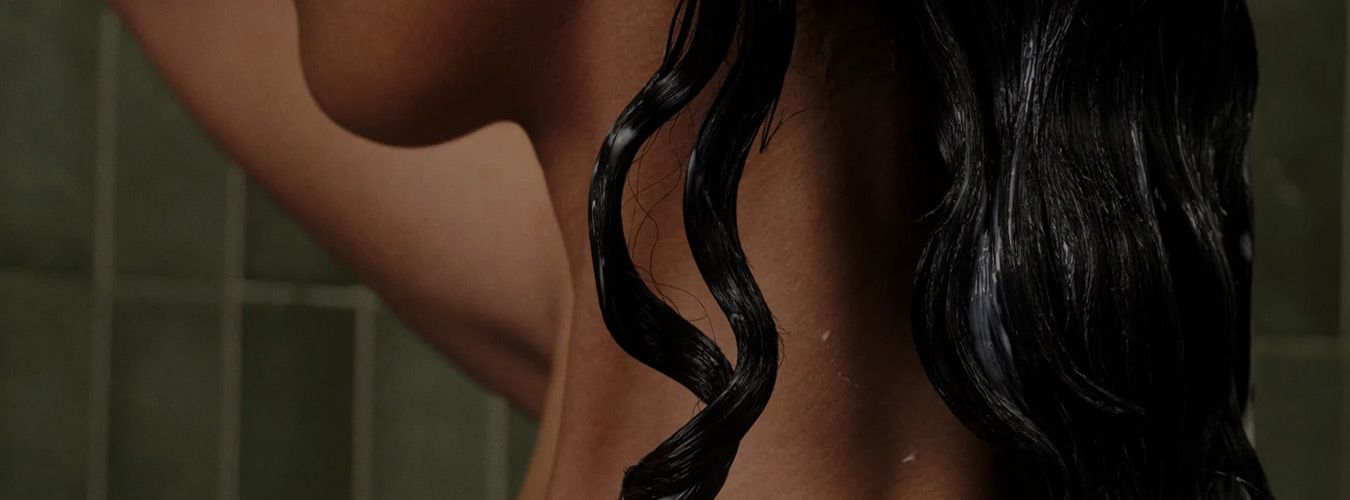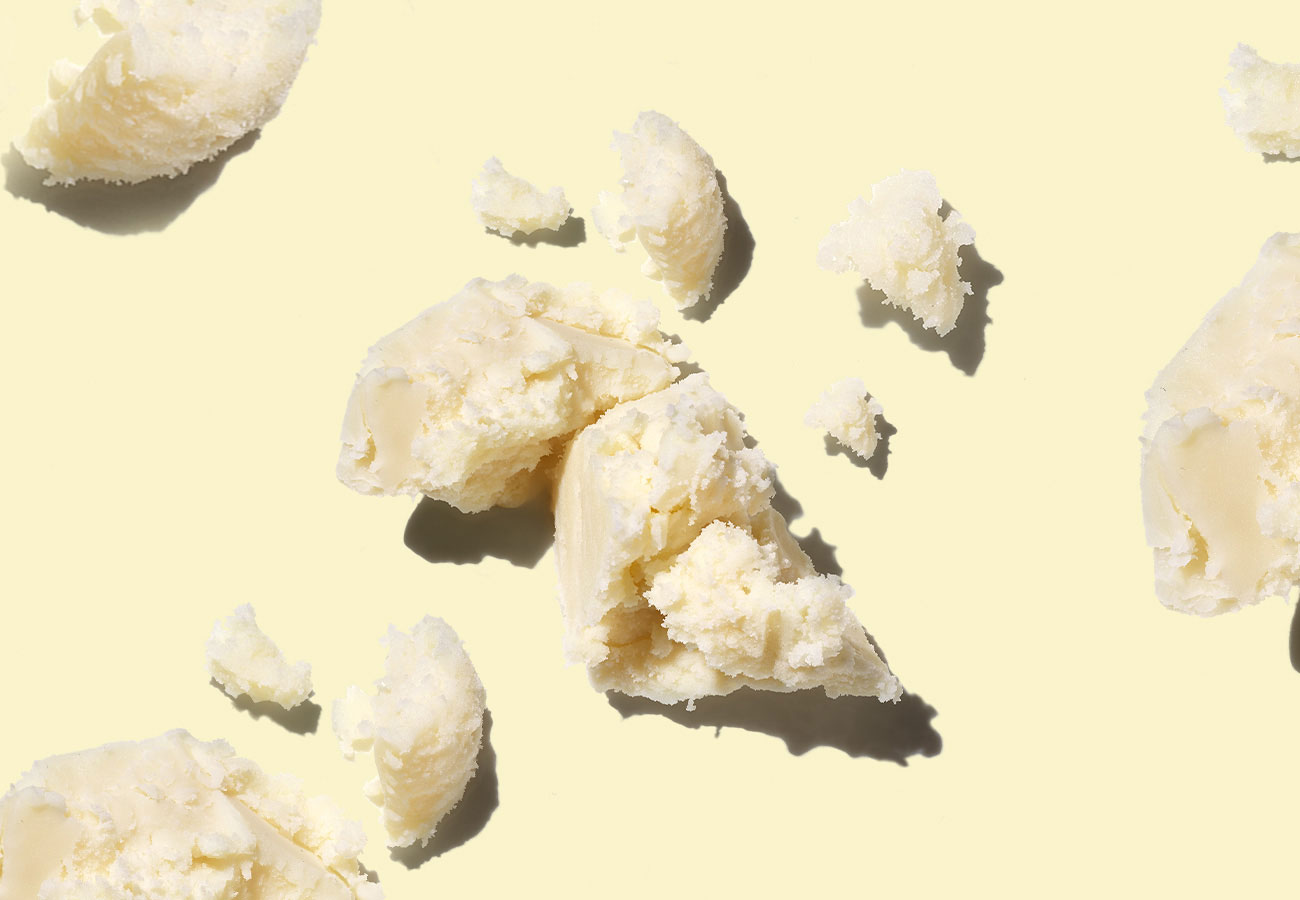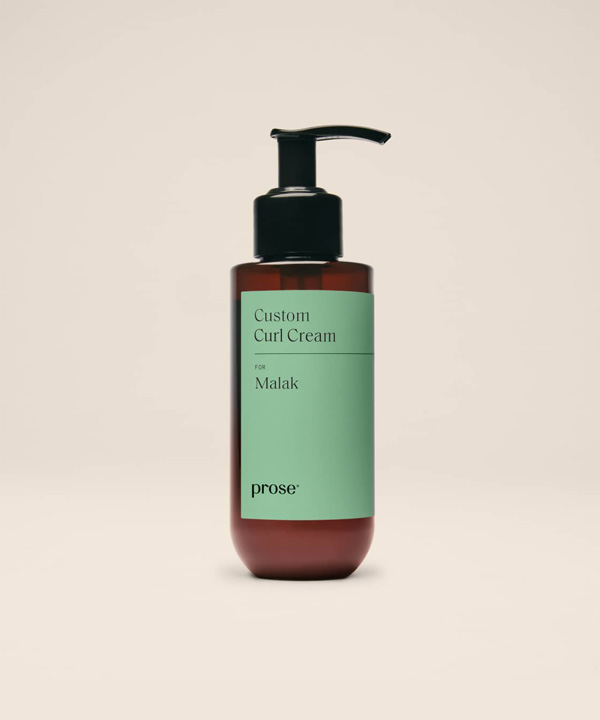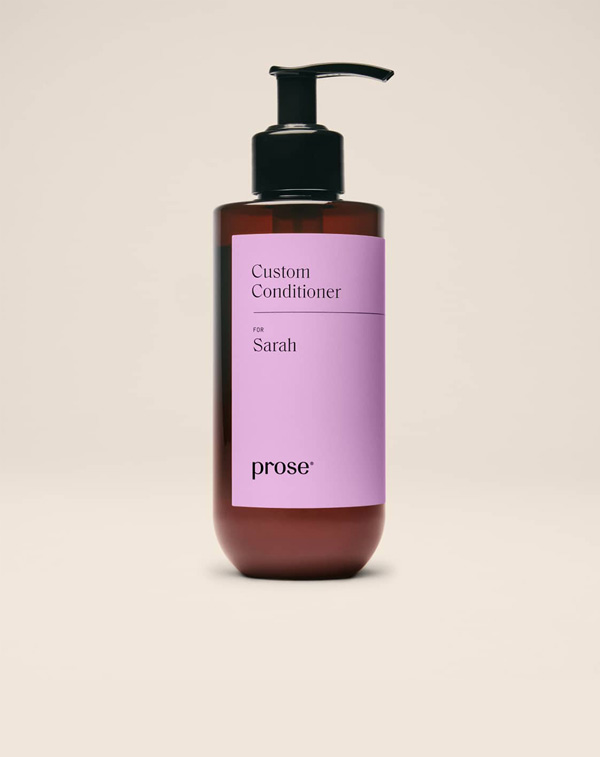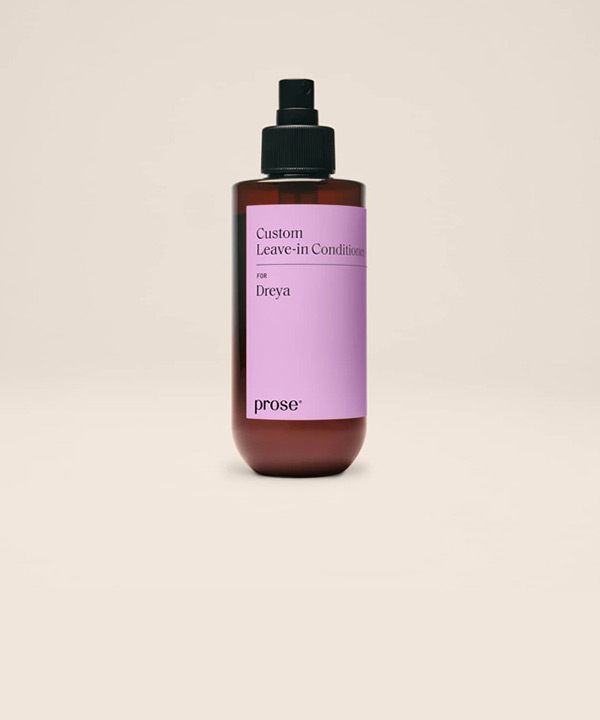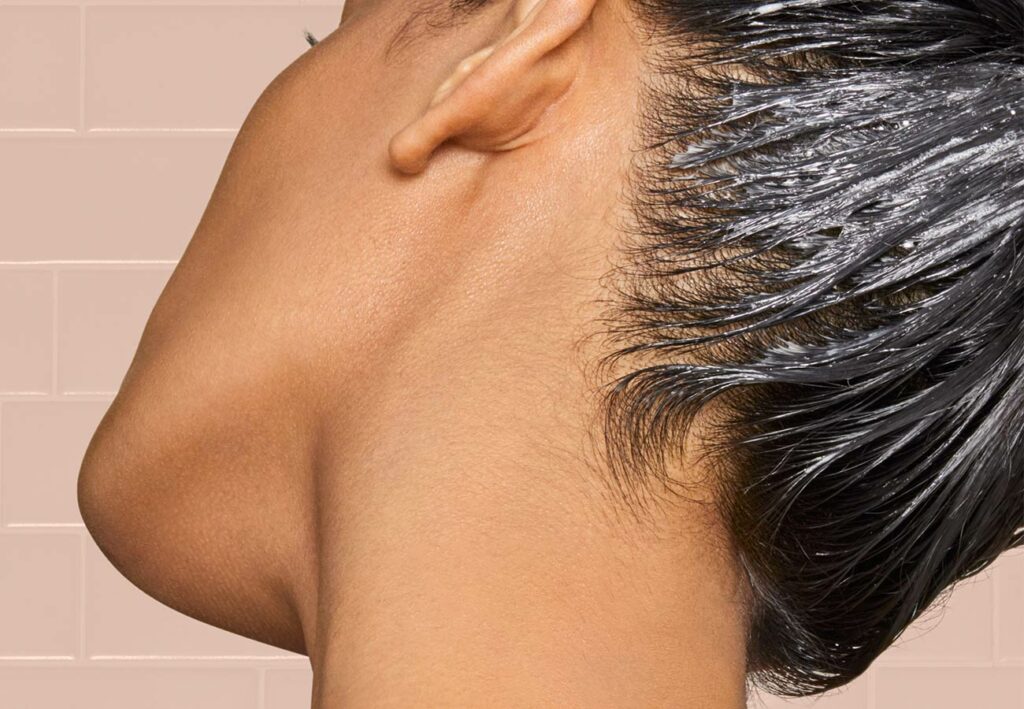What is tucuma butter?
A virtual unknown up until recently, tucuma butter can be found as a headlining ingredient in many of the hair masks, treatments, and conditioners taking over your social media feeds.
It all starts with the massive tucuma palm trees that grow around the Amazon Rainforest. These towering palms bear bright orange seeds that, when cut open, have a heart of slightly sweet, fibrous fruit that Brazilians eat fresh or turn into ice creams and desserts.
For beauty purposes, the tucuma palm seeds are cold-pressed to create tucuma butter, which is chock-full of fatty acids, antioxidants, vitamin A, and more for skin and hair health. The seed butter has a glossy texture and a mild, vaguely woody scent that’s not too overpowering.
Tucuma butter benefits for hair and scalp health
With its high concentration of fatty acids (lauric, oleic, and myristic acids), vitamin A, and polyphenols, tucuma butter is a powerhouse for hair health, hair growth, and scalp care.
Polyphenols are the antioxidant-packed micronutrients found in plants. We know antioxidants are good for our blood vessels, circulation, and heart health, but how can they help our hair and scalp? “When applied to the scalp, polyphenols can help prevent hair shedding and support hair growth,” says Dr. Michelle Green, MD, a board-certified cosmetic dermatologist who specializes in hair loss and hair growth.
To help support hair growth even further, tucuma butter is also full of lauric and oleic acid. “Fatty acids like lauric acid and oleic acid offer similar benefits of helping to stimulate hair growth. They do this by improving blood circulation to the scalp while also keeping the scalp and hair strands hydrated,” adds Dr. Green. “These fatty acids also enable more nutrients and active ingredients from other hair care products to penetrate and nourish your hair.” For people experiencing hair thinning, Dr. Green recommends a combination approach of haircare ingredients like tucuma butter along with cosmetic treatments, such as platelet rich plasma injections (PRP), from a board-certified dermatologist.
Tucuma butter for curly hair
Curly hair types are especially well suited for tucuma butter masks and treatments. The lightweight seed butter acts like a silicone, lending hydration and slip without weighing curls down or creating a greasy effect.
“When applied to curly hair, tucuma butter can add moisture and make the hair stronger over time.” notes Dr. Green. “It will also increase shine and softness while making curly hair easier to manage.” Whether tucuma butter is used in a hair mask, leave-in treatment, or styling cream, it’s an ideal softener for your curls.
Tucuma butter for damaged or dry hair types
Tucuma butter’s ability to hydrate hair and absorb quickly makes it an excellent ingredient for dry and low porosity hair types that repel moisture. “Low porosity hair can benefit from tucuma butter since it is light, fluffy, and non-comedogenic,” says Dr. Green. “This ingredient is able to penetrate the hair without clogging it.”
If you have chemically damaged hair, the antioxidants in tucuma butter are your best friend. “Tucuma butter can benefit chemically damaged hair by protecting against additional damage, reducing frizz, and hydrating each hair strand,” notes Dr. Green. “Chemically damaged hair can be brittle and prone to breakage. It is often associated with split ends, frizzy hair, and a dull appearance that feels dry and rough. Since tucuma butter is rich in antioxidants, it fights against free radicals, which ultimately shields hair from damage.”
While antioxidants are shielding hair from further damage, the fatty acids in tucuma butter will help soften, moisturize, and de-frizz hair to lessen the appearance of the current damage.
Tucuma butter is also a good source of vitamin A, which, Dr. Green explains, can help the skin glands create sebum, or natural oils, to moisturize and hydrate dry scalps, when used topically.
Tucuma butter for fine or oily hair types
Rich butters like tucuma can be intimidating to those with fine or oily hair types. If your hair is suffering from chemical damage, dryness, or frizz, but it’s also fine or prone to oil, Dr. Green recommends using tucuma butter or tucuma butter-based products in moderation.
“You can apply small amounts of tucuma butter as a hair mask before shampooing and rinse it out with lukewarm water,” she says. “Otherwise, any hair type can use tucuma butter and benefit from it.”
What Prose products contain tucuma butter
You can find tucuma butter in Prose’s curl cream, conditioner, and leave-in conditioner depending on your consultation results. If scalp health and moisturized strands are your goal, tucuma butter will surely be a star ingredient in your haircare routine. To capitalize on all that this powerhouse ingredient has to offer, take the Prose consultation here.
Shop products featured in this story
Always made to order. Never made to waste.
Exclusive Trial Offer Get 60% Off + Free Gift
